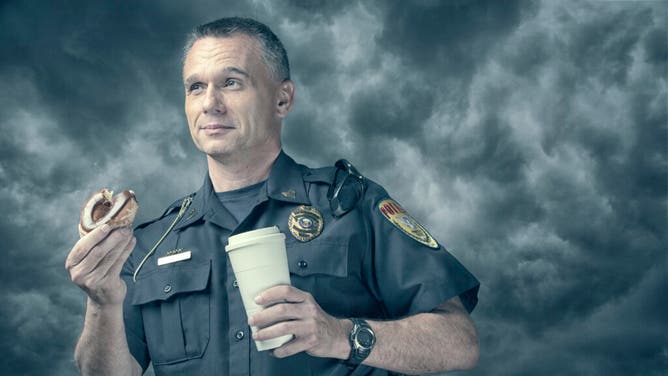San Francisco Bakery Refuses To Serve Uniformed Officers To Protect 'People of Color and Queers'
A restaurant in San Francisco recently refused to serve a uniformed police officer.
Police union president Lt. Tracy McCray inquired about the incident at Reem's California in the Mission District, only to learn of the bakery's updated policy:
"NO COPS ALLOWED."
"Reem’s confirms that they will not serve anyone armed and in uniform. Presumably, this includes members of the US Military," the San Francisco Police Officers Association (SFPOA) says it learned.
The business even posted about the ban on Instagram, saying it instituted the policy against police as part of its “deep commitment to uplifting social and racial justice in our communities.”
The chain's representatives claim allowing police into the restaurant with their guns and uniforms would threaten the safety of police of color.
“In a time of increased gun violence — particularly impacting people of color, youth, and queer people — we believe that maintaining a strict policy of prohibiting guns in our restaurant keeps us safer,” says Reem's.

Policeman excited about his donut and coffee break. Arm Badge Create by me, Gold Chest Emblem Custom Ordered Generic. This stock image has a horizontal composition on a cloudy background.
We thought Reem's might provide a study about an increase in police violence inside restaurants, to explain its decision.
Unfortunately, the chain never cited how police eating donuts while in uniform has harmed queers and people of color.
Nor did it explain what members of the US Military, many of whom don't walk around with guns, have to do with "racial justice."
The policy is an obvious form of discrimination. But because it is discriminatory against officers, the press has had to express much outrage.
Compare the coverage of the San Francisco bakery to the coverage of the Colorado baker who refused to make a wedding cake for a gay couple.
Outlets like NPR will not stand for discrimination against gays. Yet they have no comment on a bakery refusing to service officers and members of the military.
“We are not asking Reem’s or any business with a bigoted policy to serve our officers,” SFPOA said.
"We’re asking them to own their discriminatory policy & and put up a sign so we know not to spend money in your establishment—on or off duty. We took the liberty of designing one for them.”